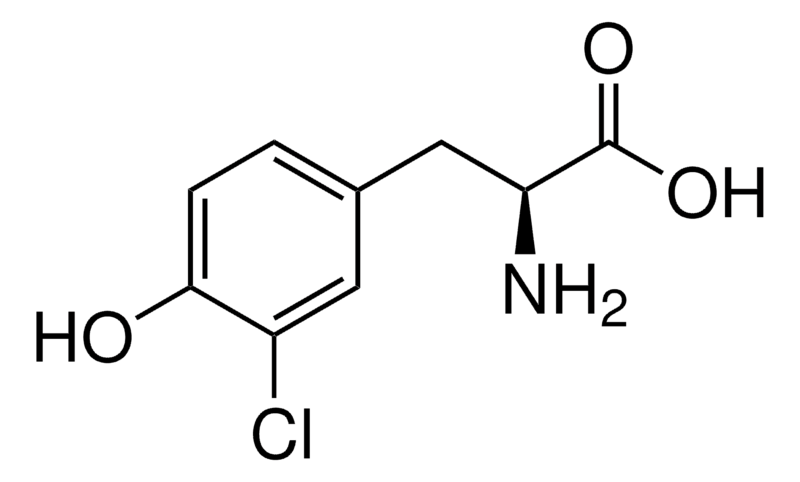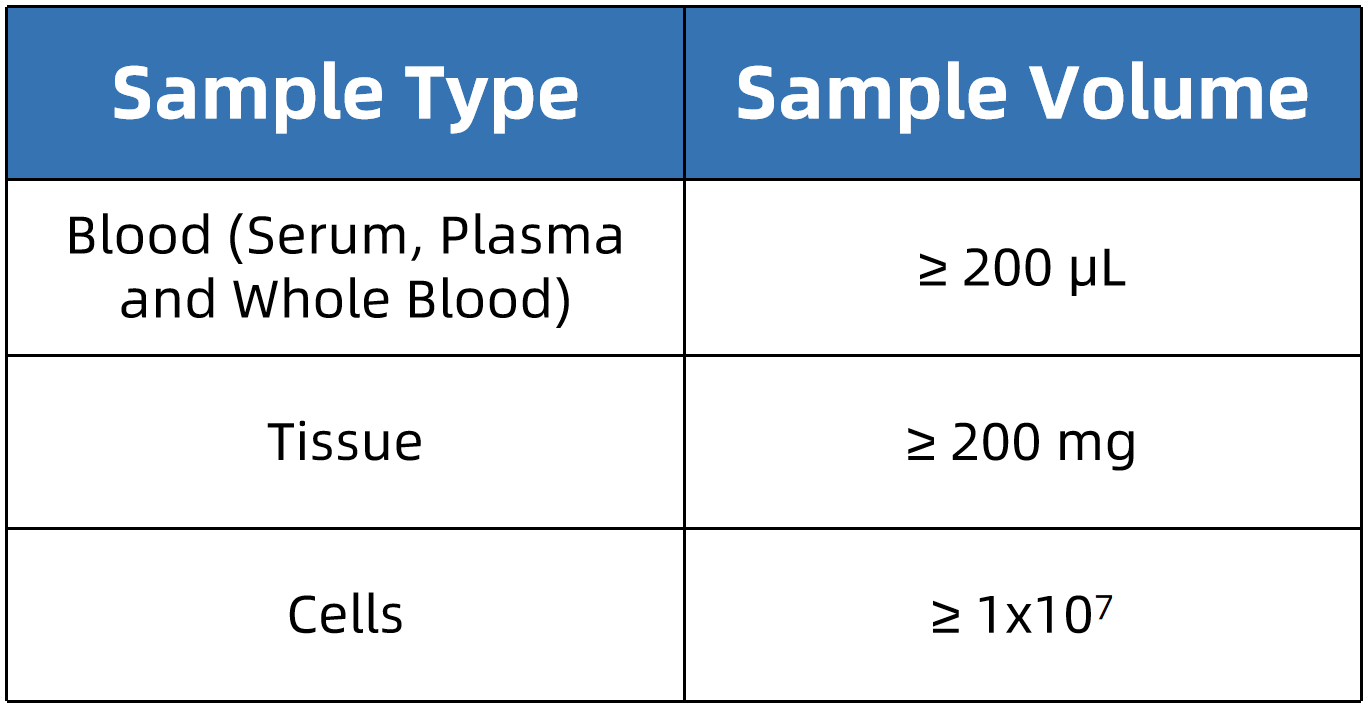3-Chloro-L-Tyrosine Analysis Service
- Liquid Chromatography-Mass Spectrometry (LC-MS)
- Gas Chromatography-Mass Spectrometry (GC-MS)
- Liquid Chromatography-Tandem Mass Spectrometry (LC-MS/MS)
- Rapid Analysis Cycle and Cost-Effectiveness
- Stable, Reliable, and Highly Sensitive Results
- Comprehensive One-Stop Service for Extensive Testing Needs
- User-Friendly Operation with Wide Application Scope
- Supported by Extensive Bioanalytical Resources and Advanced Platforms
3-Chloro-L-Tyrosine (3-Cl-L-Tyr) is a derivative of tyrosine formed through chlorination, serving as an important biomarker for inflammation and oxidative stress. In the body, 3-Cl-L-Tyr is primarily generated by myeloperoxidase from neutrophils, which are highly active at inflammation sites. It functions biologically by binding to proteins and affecting cellular signaling pathways. Changes in 3-Cl-L-Tyr levels are associated with various pathological conditions, such as atherosclerosis, chronic inflammation, and certain neurodegenerative diseases. Accurate measurement of 3-Cl-L-Tyr concentrations provides insights into its role in different health states, offering a scientific basis for diagnosing and treating related diseases.

Figure 1. Molecular Structure of 3-Cl-L-Tyr
MtoZ Biolabs utilizes liquid chromatography-tandem mass spectrometry (LC-MS/MS) to conduct detailed quantitative and qualitative analyses of 3-Cl-L-Tyr and its metabolites. This advanced method integrates LC's rapid separation capabilities with the high detection sensitivity of MS/MS, facilitating the precise measurement of 3-Cl-L-Tyr in complex biological matrices.
Analysis Workflow

Experimental Instruments
Service Advantages
Sample Submission Requirements

For detailed sample submission instructions, please consult our technical team.
Applications
Inflammation Research: Investigate the role of 3-Chloro-L-Tyrosine in chronic and acute inflammatory responses to understand inflammation mechanisms.
Atherosclerosis Research: Detect and analyze 3-Chloro-L-Tyrosine level changes in atherosclerosis patients to explore new diagnostic and therapeutic approaches.
Neuroscience Research: Study the role of 3-Chloro-L-Tyrosine in neurodegenerative diseases to identify potential therapeutic targets.
Oxidative Stress Research: Analyze metabolic changes of 3-Chloro-L-Tyrosine under oxidative stress conditions to provide scientific evidence for antioxidant therapies.
How to order?







